hotline:020-29026320 |13903018415
-
-
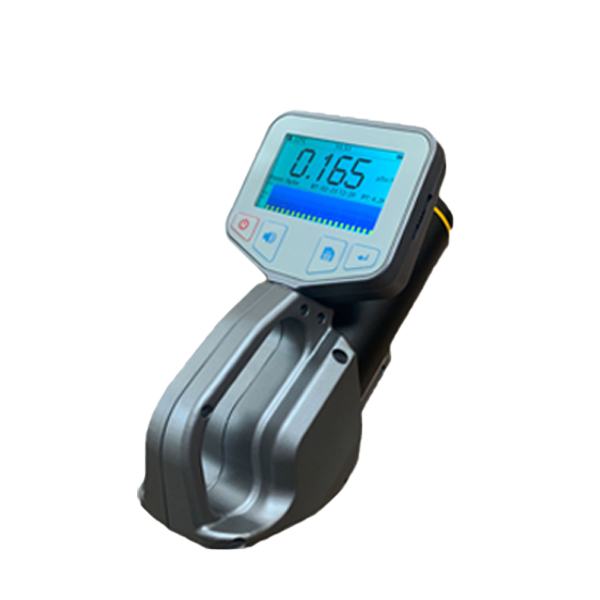
Radiation detection instrumentation
-
HYGP-2223 exposure type X, γ radiation measuring instrument
-
HYGP-2223BX, gamma dose rate meter (with tripod)
-
FI-329M intelligent household nuclear radiation detector
-
HY-2000M digital multi-channel gamma spectrometer
显示更多 -
-
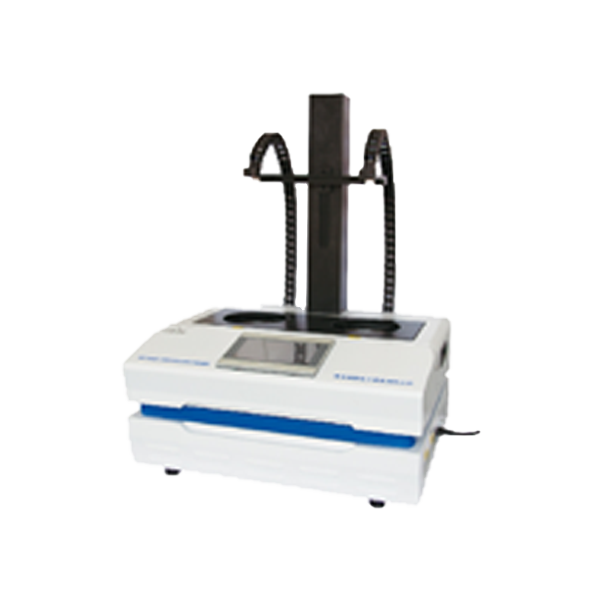
Laboratory Equipment
-
Radioactive distillation apparatus in water
-
2200Q portable turbidity meter
-
SPE Solid Phase Extraction Device
-
Portable spectrophotometer
显示更多 -
-
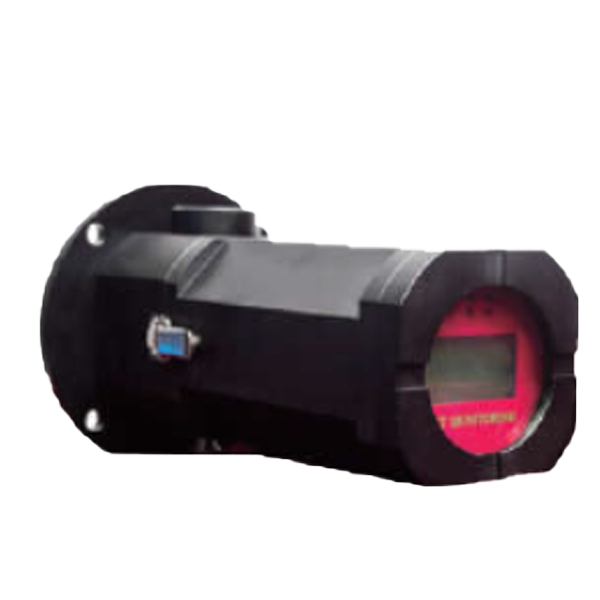
Portable environmental monitoring equipment
-
VOCs gas analyzer
-
Portable handheld VOC detector
-
Portable all-in-one multi-parameter analyzer
-
Dust detector
显示更多 -
-
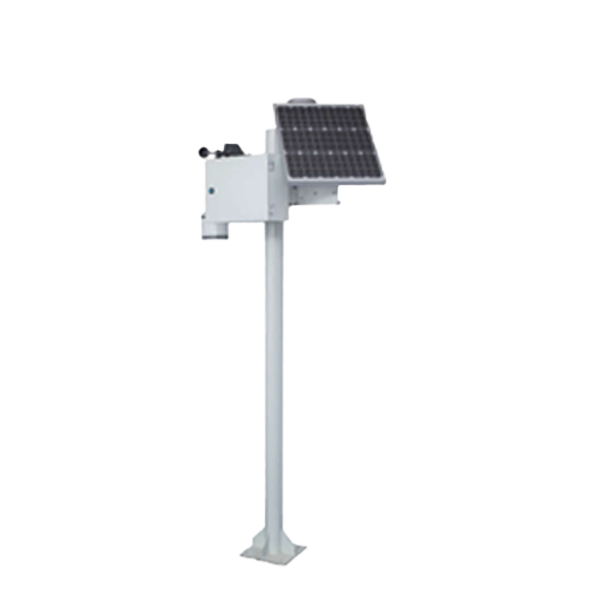
Environmental online monitoring system
-
CM-WG8200 grid air quality detection system
-
On-line monitoring system for CM-VOCs-5000 volatile organic compounds
显示更多 -
-
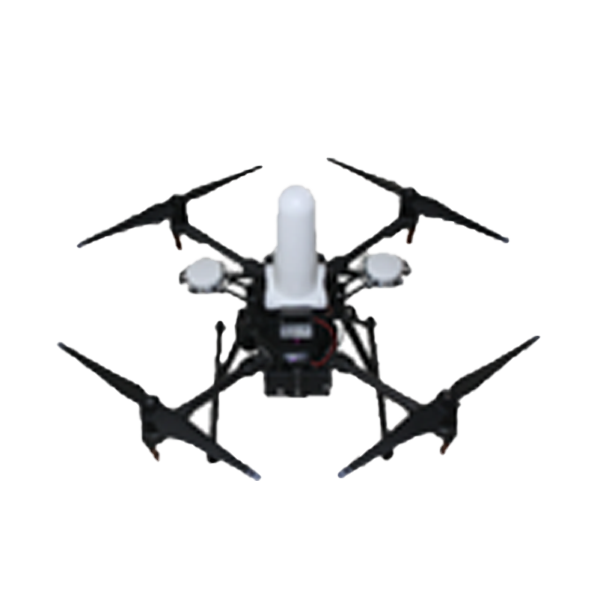
UAV Online Environmental Monitoring
-
OS-2 UAV Electromagnetic Environment Monitoring System
-
Nuclear emergency radioactive source search UAV
-
UAV Monitoring System
显示更多 -
-
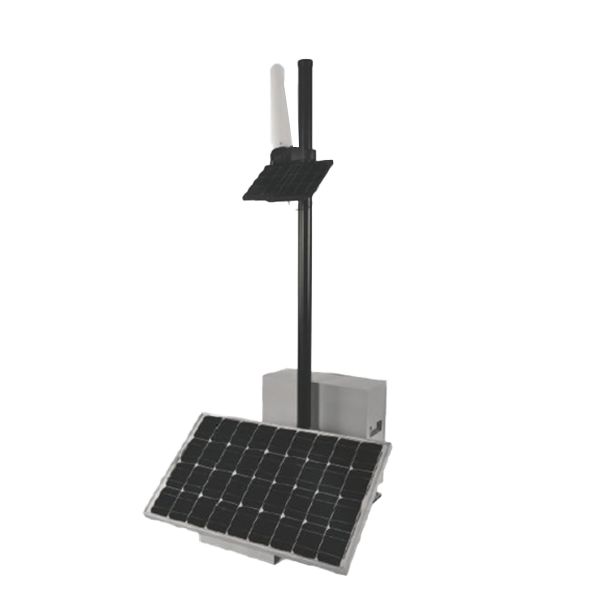
On-line Monitoring System of Electromagnetic Radiation
-
On-line Monitoring System of Electromagnetic Radiation
-
Automatic Monitoring System of HYEH460 Electromagnetic Radiation
-
HY-900A launch type radiation environment automatic monitoring station
-
OS-8 S Frequency Selective Electromagnetic Environment Online Monitoring System
显示更多 -
-
Unraveling Common Questions About Radiation Detection Instrumentation
2025-06-27
What is Radiation Detection Instrumentation?
So, you’ve heard the term radiation detection instrumentation floating around, huh? It’s not just fancy jargon; it’s a crucial part of keeping us safe from harmful radiation. These instruments help in identifying and measuring radiation levels, which can be vital in various fields—from healthcare to environmental monitoring. But what exactly do they do? Let’s dive in!
How Does It Work?
Alright, let’s break it down! Radiation detection instrumentation works by using different types of sensors that react to ionizing radiation. These sensors, often made of materials like sodium iodide or germanium, convert the energy from radiation into a signal that can be measured. The beauty of it all? It’s like having a superhero on standby, ready to alert us when danger is lurking.
Types of Radiation Detectors
Now, you might be wondering, “What kinds of detectors are out there?” Well, let me tell ya, there are several:
- Geiger-Muller Counters: These are the classic go-to for many folks. They click and beep, giving you a straightforward readout of radiation levels.
- Scintillation Detectors: These use special crystals that emit flashes of light when radiation hits. Super cool, right?
- Ionization Chambers: These measure the ionization produced by radiation in a gas-filled chamber. Think of them as the detectives of the radiation world.
Who Uses Radiation Detection Instruments?
The big question is, who needs this technology? Well, quite a few industries rely on it!
- Healthcare: In radiology, it’s essential to ensure safe levels of radiation exposure.
- Nuclear Energy: Workers in nuclear plants use these instruments to monitor radiation levels and ensure safety.
- Environmental Monitoring: Agencies use them to keep tabs on radiation levels in the environment.
Common Questions About Radiation Detection Instrumentation
Now that we’ve covered the basics, let’s tackle some common questions that often pop up!
Is Radiation Detection Instrumentation Expensive?
Ah, the million-dollar question! Well, the price can vary widely based on the type and sensitivity of the instrument. Simple Geiger counters can be quite affordable, while advanced scintillation detectors might set you back a pretty penny. But remember, investing in safety is always worth it!
How Often Should I Calibrate My Detector?
Good question! Calibration depends on usage, but a general rule of thumb is to check annually. Regular calibration ensures your detector is accurate and reliable—just like a trusty old watch!
Are There Any Safety Guidelines I Should Follow?
Absolutely! Always read the manual that comes with your radiation detection instrumentation. Familiarize yourself with its proper use and handling. Plus, follow local regulations regarding radiation safety; it’s better to be safe than sorry!
Final Thoughts
There you have it, folks! Radiation detection instrumentation is a fascinating field that plays a pivotal role in our safety and well-being. Whether you’re working in healthcare, nuclear energy, or environmental monitoring, understanding these tools can help you navigate the sometimes murky waters of radiation safety.
Have more questions? Feel free to reach out or do some digging of your own! After all, knowledge is power, and staying informed is the best way to protect yourself and others from radiation hazards.
Previous Page:

COOKIES
Our website uses cookies and similar technologies to personalize the advertising shown to you and to help you get the best experience on our website. For more information, see our Privacy & Cookie Policy
COOKIES
Our website uses cookies and similar technologies to personalize the advertising shown to you and to help you get the best experience on our website. For more information, see our Privacy & Cookie Policy
These cookies are necessary for basic functions such as payment. Standard cookies cannot be turned off and do not store any of your information.
These cookies collect information, such as how many people are using our site or which pages are popular, to help us improve the customer experience. Turning these cookies off will mean we can't collect information to improve your experience.
These cookies enable the website to provide enhanced functionality and personalization. They may be set by us or by third-party providers whose services we have added to our pages. If you do not allow these cookies, some or all of these services may not function properly.
These cookies help us understand what you are interested in so that we can show you relevant advertising on other websites. Turning these cookies off will mean we are unable to show you any personalized advertising.
online message
Telephone:13903018415(Manager Wang)
Business: 020-29026320
E-mail:wangxueli@haiyoukj.com
Address: Room 703, Tian 'an Innovation Building, Panyu Energy Saving Science Park, 555 Panyu Avenue North, Donghuan Street, Panyu District, Guangzhou

Sweep code attention

